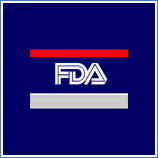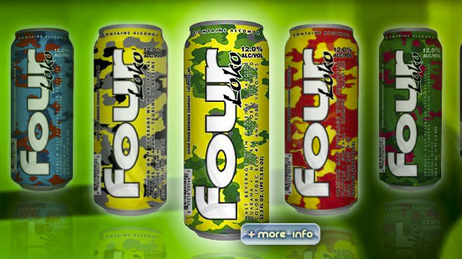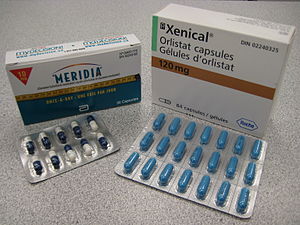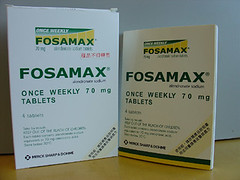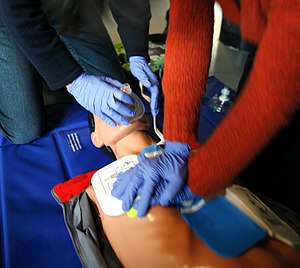 Image via Wikipedia
Image via WikipediaThis election has - at least for lawyers- spawned the worst of all election campaigns - the constant barrage of unwanted, unwelcome, and automated emails that have angered many. What am I talking about you say?
It seems that some lawyer groups I belong to have their membership emails harvested by campaigns. Perhaps it's because I voted a certain way, or filled in a survey somewhere, or perhaps my email address was passed along by a (so-called) friend.
Here's what happens: My email gets on a list, like "Georgians for Electing JoeBob Smith" or some other group. They send one email updating me on some campaign for some person I can't vote for b/c I'm not in that district. So, I send an email telling the campaign to stop. Next week, more JoeBob emails. And, now there are 2 more groups that have my email - "Friends of JoeBob" and "Independents for JoeBob." Add an email a day from each one. Folks, we don't care.I even called a campaign and asked to be removed from the email list - the same day? Another campaign email.
It's no longer enough for me to get emails like that for candidates in my state (Georgia). I somehow got on a list for Florida candidates, Alabama, and lastly, South Carolina. I was asked to "max out" - contribute the maximum allowed under a State's election laws - for someone I never heard of in S.C.I have even resorted to sending an irate email with a "RE" line that says "stop the damned emails" and they still keep coming.
I've moved emails to spam, only to be thwarted by a work around email
I've been asked to contribute --via email only mind you --$25,000 to one group, $5,000 to a Florida candidate, and more to others down the ballot. In the last three days, I have more than 150 emails from candidates I don't know, people I don't like, and groups for ballot initiatives in states I have not visited.
The internet has one massive failing - it allows for senseless email solicitations that completely lose effectiveness. Worse, they are automated. I did contribute to one candidate in Georgia, a decent sum, and the next day I got an email asking me to donate.
So, my message to candidates now and in the future - spare us. Don't become a spammer we detest. Pick
up the phone. Raise money the old fashioned way. Mind the email accounts so when you see someone complaining, you respond. Because I have to tell you, if you can't respond to an email when you want my money and my attention, do you think I will vote for you? What happens when I need you after you are electeD?

